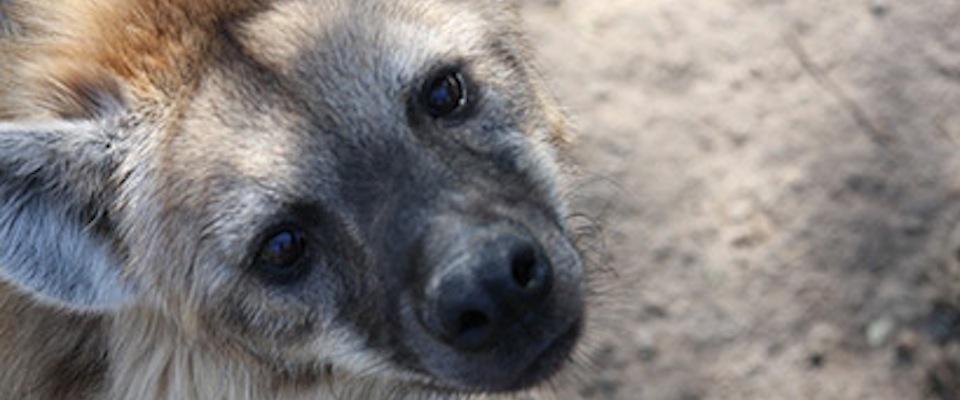Berkeley postdoctoral fellow Louisa Lombard wrote a piece last month for Pacific Standard Magazine that got a lot of media attention—and it’s easy to see why. The title: “Missing Pieces: Africa’s genital-stealing crime wave hits the countryside.”
Yes, genital stealing. Or “penis snatching,” as she also calls it.
Now before you stop reading and go Google “penis snatching,” let us explain to you that this phenomenon is neither local nor new. The condition, koro, in which men (mostly) believe that their genitals have disappeared, shrunken, or completely retracted into their body—has been documented as long ago as the 15th century and has popped up (so to speak) from Europe to southeast Asia.
Lombard, an anthropologist who studies the central African region, was therefore not surprised by the report of penis snatching. What was surprising was to find it in Tiringoulou, a remote village in the Central African Republic. Until recently, stories about “occult economies” like theft and sale of organs have remained an urban problem—a response to the pressures of dense, anonymous populations—that serve as a less confusing explanation to baffling economic and social realities.
“Today, people in Africa (and elsewhere) see immense disparities in wealth without it always being clear what the superrich did to gain that advantage,” Lombard says. “Rumors and stories about the occult … become one way to make sense of this conundrum.”
The penis snatching in rural Tiringoulou, according to Lombard, shows how rural villagers are “trying to understand the dynamics of social life they find themselves in,” and also proves how even the remotest regions of Africa have become connected to the big cities. Lombard says that “bush radio”—the person-to-person channel used to circulate rumors, stories, and ideas—is the most active information source, given the lack of newspapers and television in the region, and is most likely how penis snatching reared its head (if you will) in far off Tiringoulou.
Several media outlets picked up Lombard’s story. She anticipates the sensationalist element will lead to a better understanding of how people view other parts of the world. “My hope is that by writing about it I’m able to take that interest in ‘exotic’ phenomena in Africa and pull it apart so that people see the ways in which it makes sense in light of economic and social transformations,” she says.
—Justin Seiter




















